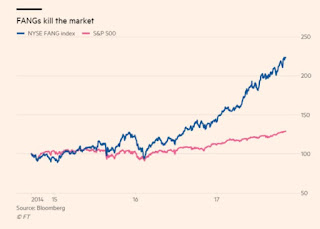Adults in the Room Yanis Varoufakis, the colourful former Greek finance minister, who bears the scars of his country’s bruising scrap with the EU over its debt crisis. David Davis is currently reading his account of those talks, Adults in the Room, a searing indictment of the anti-democratic, underhand and downright mendacious tactics used by what Varoufakis calls the EU’s “deep establishment” to make the Greeks grovel. “Brussels is a democracy-free zone,” he wrote. “It is the nature of the beast to treat the will of electorates as a nuisance that must be, somehow, negated.” Telegraph, 3 October 2017
